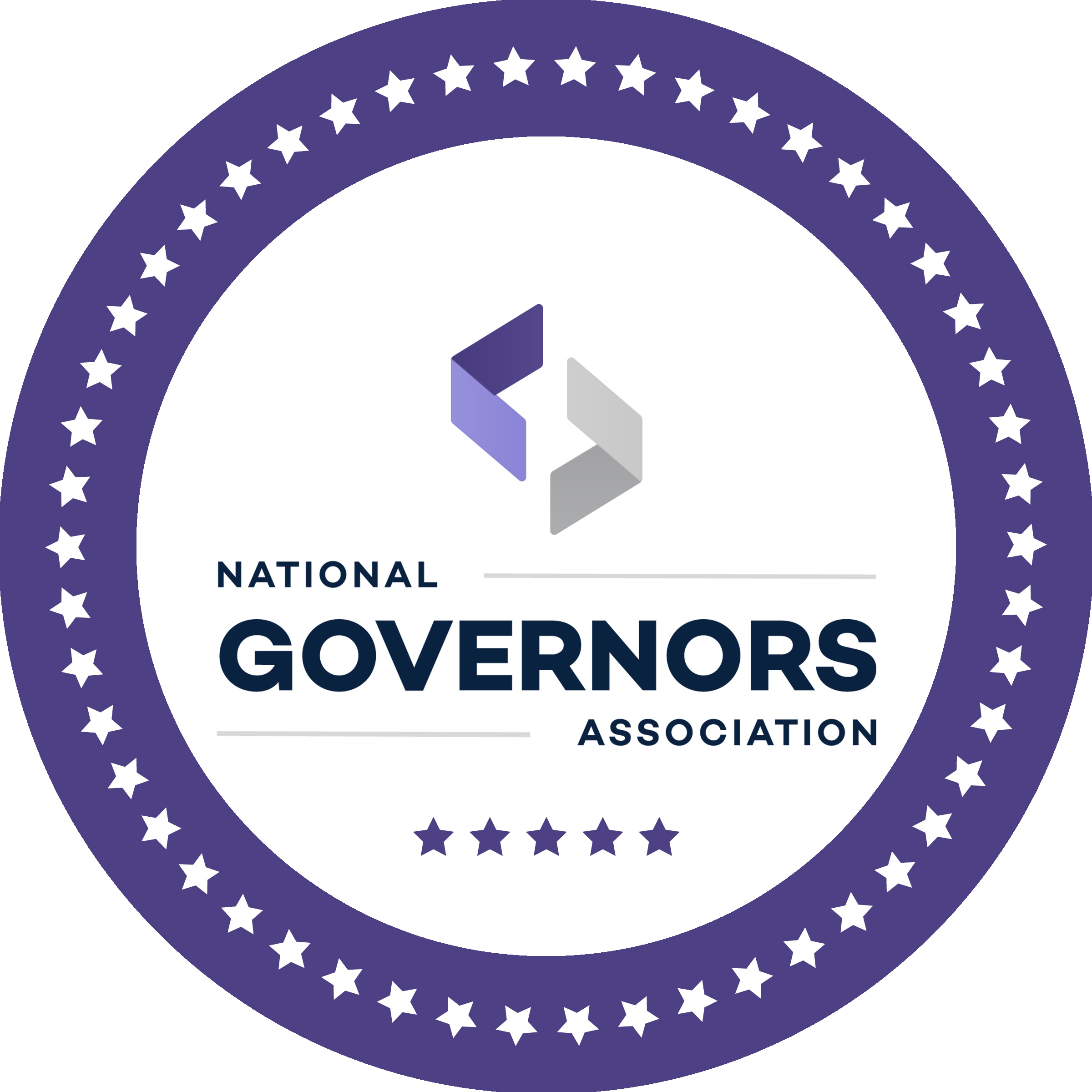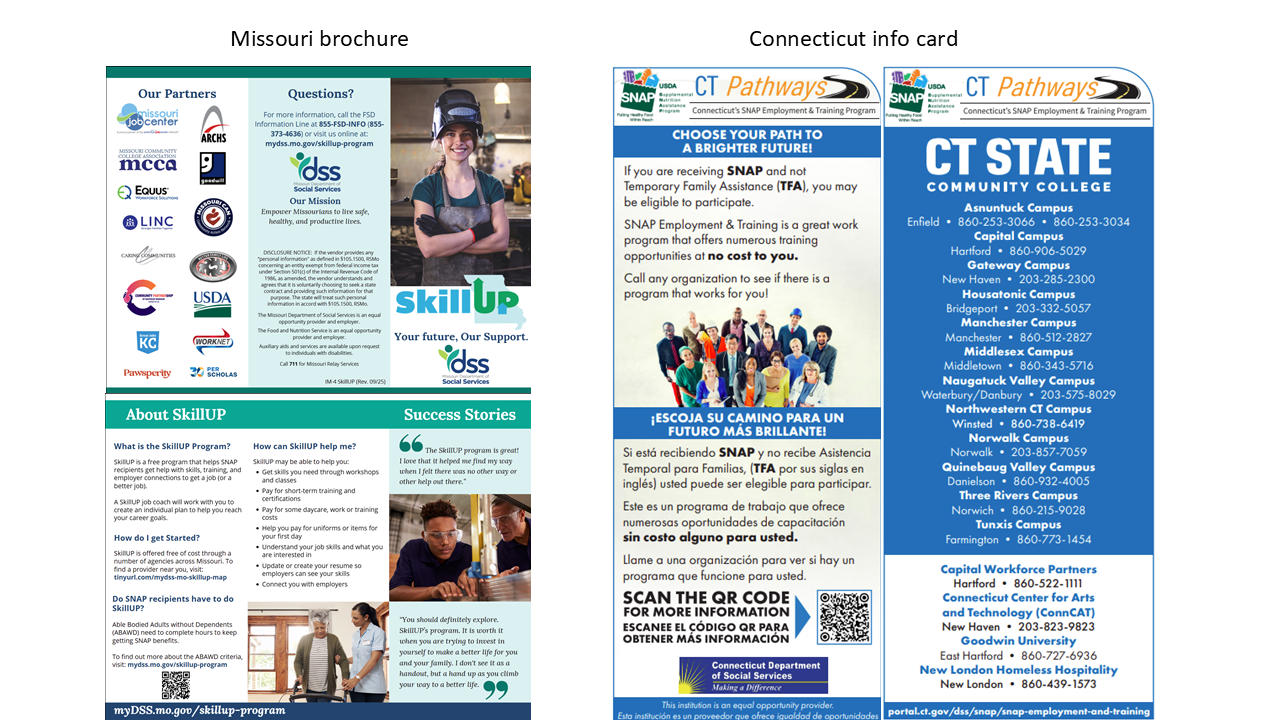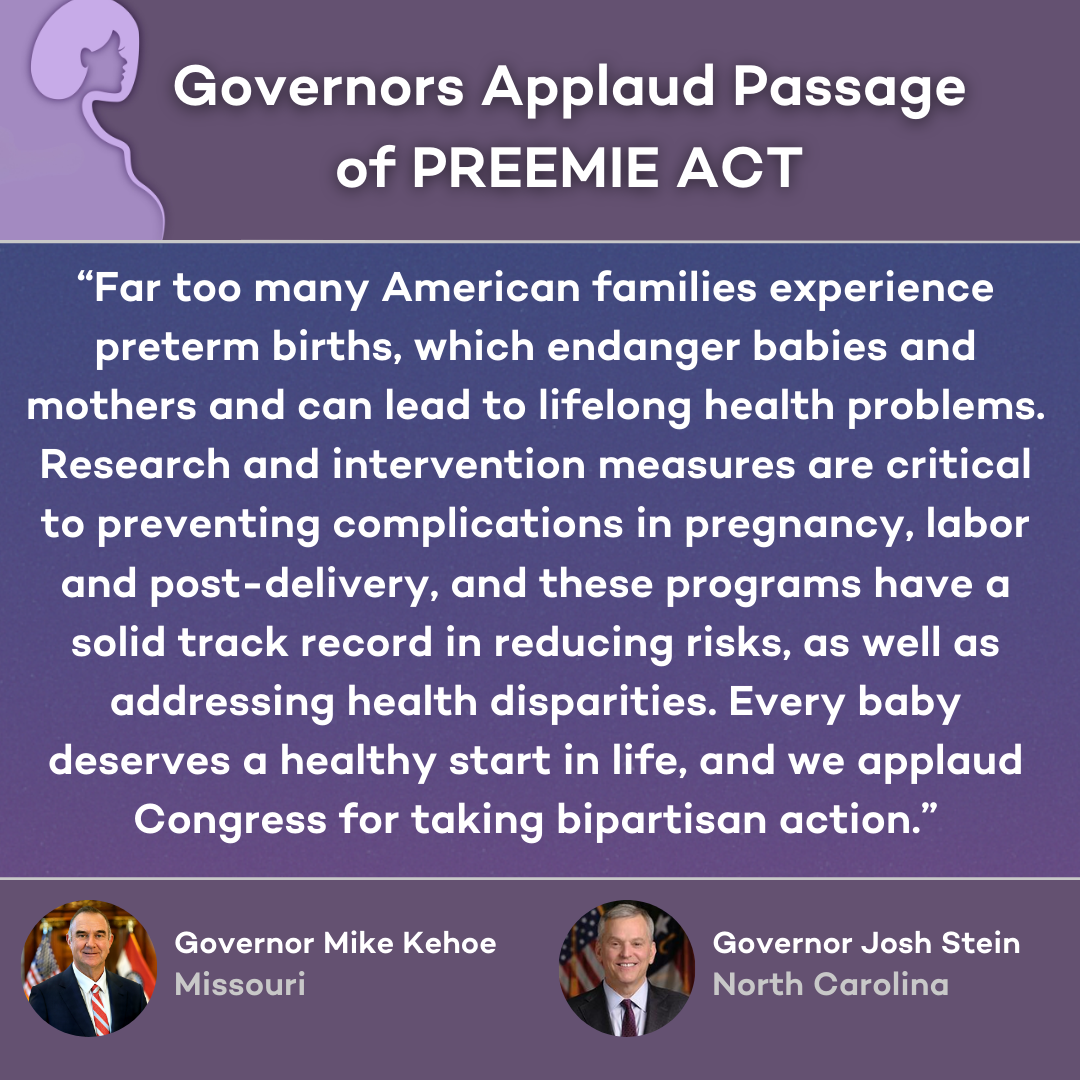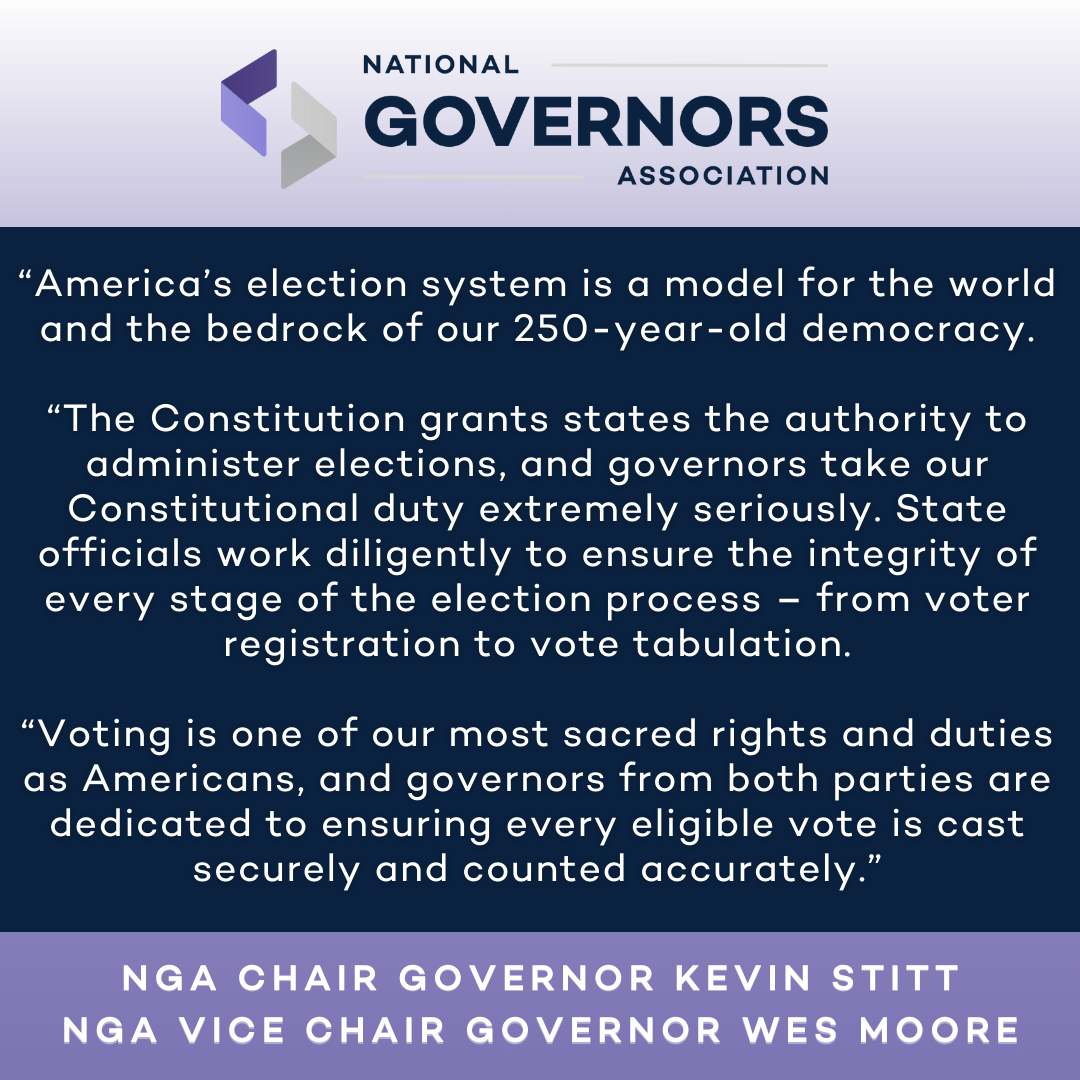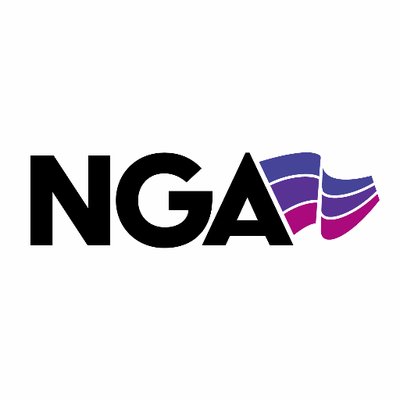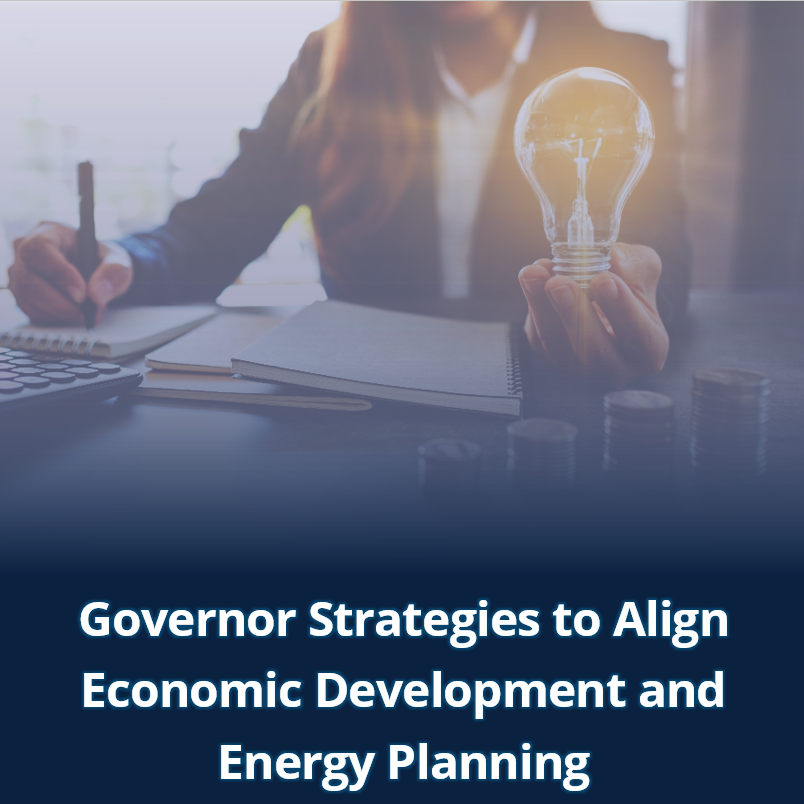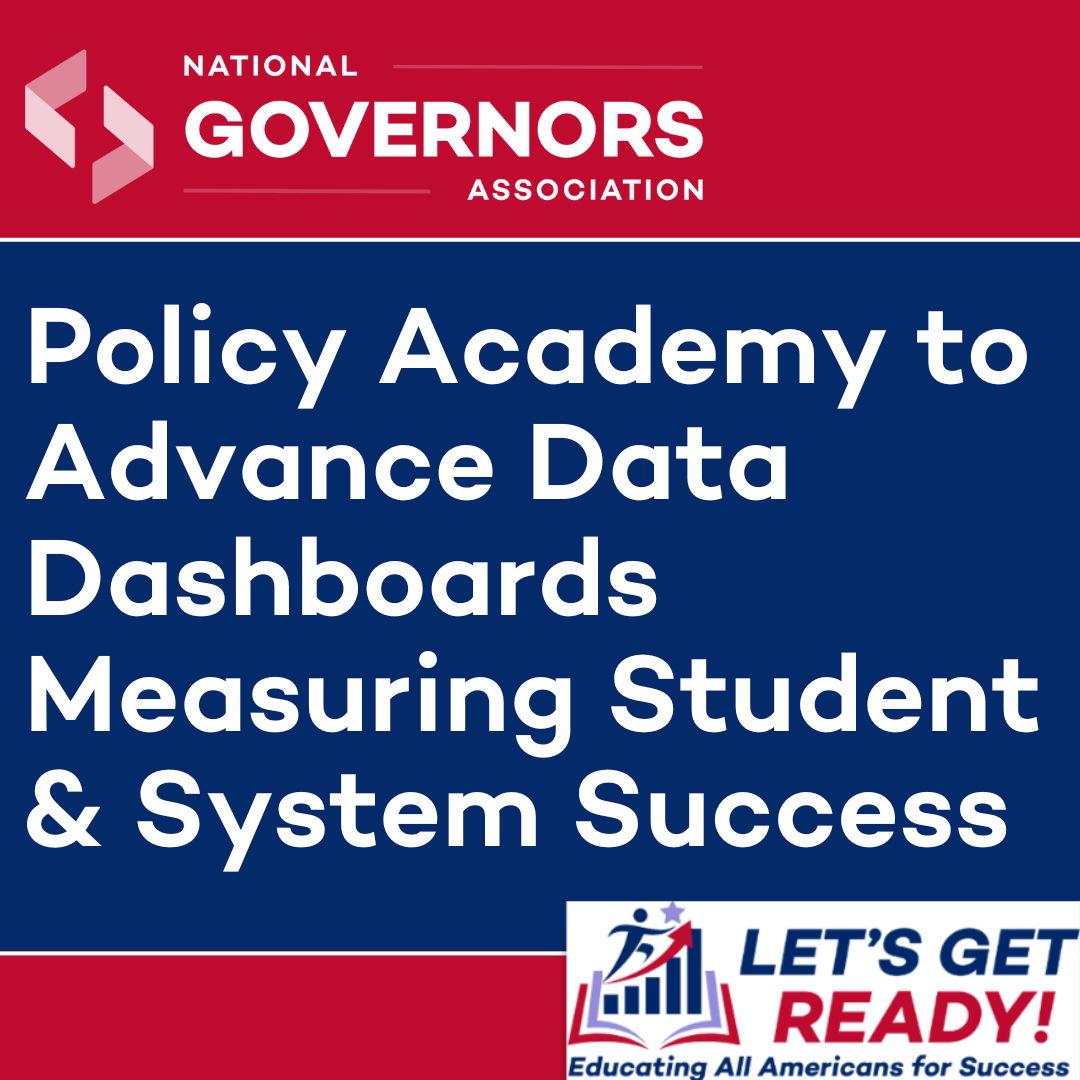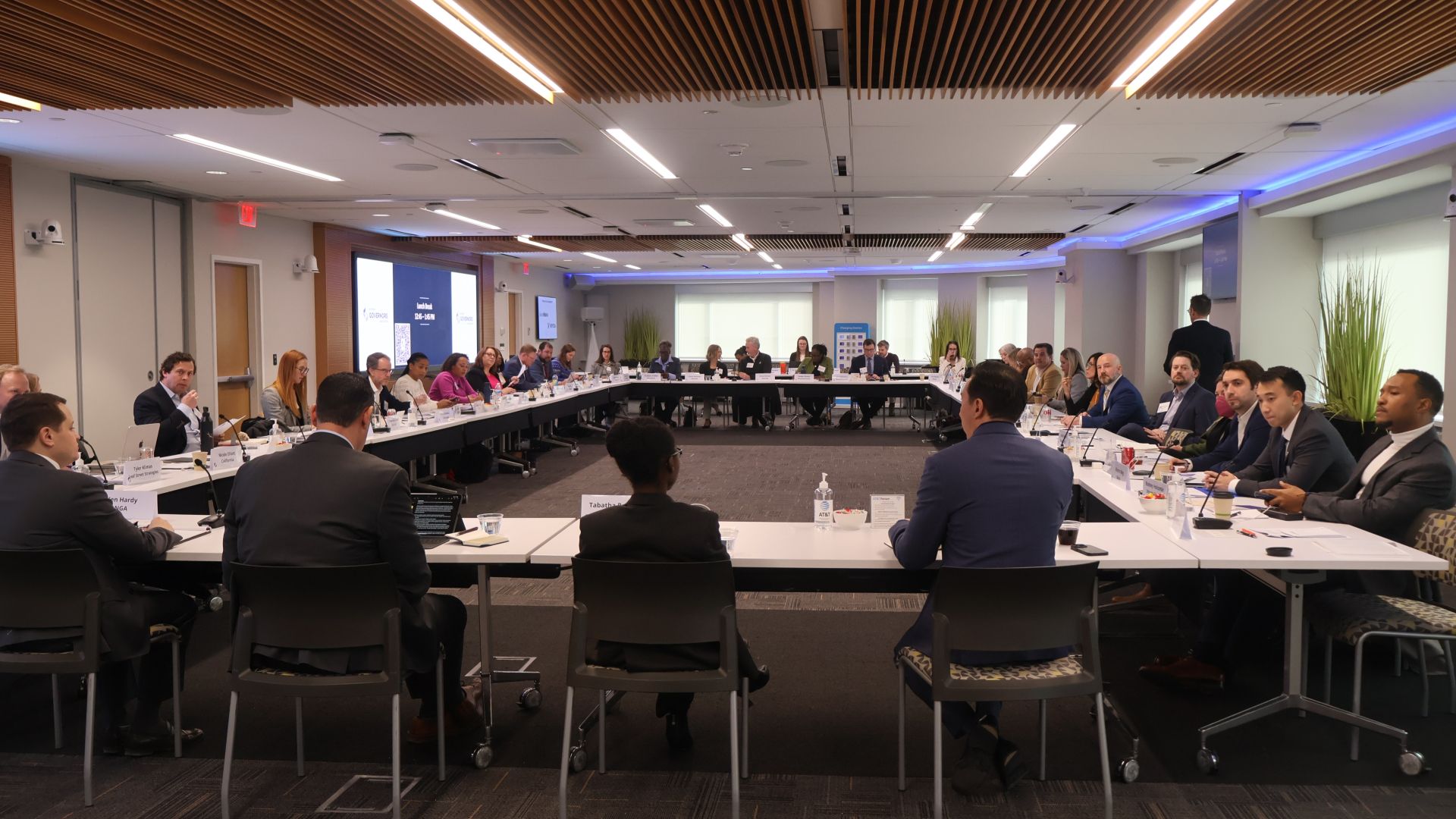The Honorable Susan Collins
Chair
Senate Committee on Appropriations
Capitol Building S-128 Washington, D.C. 20510
The Honorable Tom Cole
Chair
House Committee on Appropriations
Capitol Building H-307 Washington, D.C. 20515
The Honorable Patty Murray
Vice Chair
Senate Committee on Appropriations
Capitol Building S-146A Washington, D.C. 20510
The Honorable Rosa DeLauro
Ranking Member
House Committee on Appropriations
1036 Longworth House Office Building Washington, D.C. 20515
Dear Chair Collins, Chair Cole, Vice Chair Murray, and Ranking Member DeLauro:
As co-chairs of the National Governor Association’s (NGA) Education, Workforce and Community Investment Task Force, we welcome the opportunity to provide you with our priorities as your respective committees continue to craft and consider the Fiscal Year 2026 (FY) appropriations bills.
To ensure a streamlined, governor-driven approach to federal policy priorities, the NGA employs a task force structure to identify key opportunities for bipartisan engagement. These three task forces are the Education, Workforce and Community Investment Task Force, co-chaired by Wyoming Governor Mark Gordon and Wisconsin Governor Tony Evers; the Public Health and Disaster Response Task Force, co-chaired by Hawai‘i Governor Josh Green and Vermont Governor Phil Scott; and the Economic Development and Revitalization Task Force, co-chaired by South Carolina Governor Henry McMaster and Kentucky Governor Andy Beshear.
The Education, Workforce and Community Investment Task Force has jurisdiction over issues in the areas of PreK-12 Education, Career and Technical Skills, Postsecondary Education, Labor and Workforce Development, Agriculture, Housing, and Criminal Justice. As Congress considers funding levels for FY26, we urge you to consider the important role federal funding plays in our states and territories to support students, job seekers, employers, and countless others who benefit from these investments. As you look toward the FY26 appropriations process, NGA requests that you prioritize the following funding efforts:
- K-12 Education Programs – Recent results from the National Assessment for Educational Progress highlight the need for continued investment in federal education programs that promote student success and address state and territory workforce needs. Specifically, governors strongly support continued investment in formula-based funding that flow to states and territories under the Elementary and Secondary Education Act (ESEA), the Individuals with Disabilities Education Act (IDEA), and the Perkins Career and Technical Education Act (Perkins CTE). The programs authorized and appropriated under these laws help states and territories have the capacity to ensure all students have access to an education that prepares them for success in life. Additionally, governors urge continued investment in competitive grant programs that enhance state and territory capacity to 1) identify and evaluate outcomes from investments in education that prepare students for successful futures, 2) respond to mental health challenges impacting students and staff, and 3) innovate and replicate models of education that are proven to work.
- Postsecondary Education and Workforce Programs – Governors are focused on expanding access to innovative and successful postsecondary opportunities, including degree programs, apprenticeship pathways and non-degree credentials. To build on the work being done by governors across the country, we urge continued support for the Pell Grant, which remains the greatest tool at Congress’ disposal to increase postsecondary affordability. We also urge Congress to continue investing in registered apprenticeships to help supplement the work being done by governors to ensure their states and territories are positioned to retain, attract, and train talented workers who can fill critical workforce shortages. In addition to investing in registered apprenticeships, it is critical that Congress invest in the Workforce Innovation and Opportunity Act (WIOA) formula programs at levels that account for inflation. With labor markets as tight as they are, this will help ensure the public workforce system is positioned to provide job seekers with the training and supportive services necessary to meet the needs of employers. Finally, governors welcome continued support for State and Territory Unemployment Insurance and Employment Services Operations to ensure states and territories have the capacity to provide financial assistance to eligible unemployed workers and assist with their search for employment.
- Agriculture and Rural Development Programs – Across their states and territories, governors recognize the role agriculture plays as a key economic driver to their success. Governors also recognize the important role cooperative agreements play between states and territories and the federal government, with regards to the implementation of certain federal programs. To ensure certainty and sustainability governors urge support for programs that help mitigate the risk of foodborne illness, ensure food safety, and seek to eradicate foreign animal diseases, such as highly pathogenic avian influenza. Additionally, programs such as the Market Access Program, the Agricultural Research Service, and the National Institute of Food and Agriculture promote innovation and economic expansion in agriculture, seeking to ensure the long-term viability of American agriculture. To strengthen the resilience of rural communities, governors urge support for conservation efforts, forest management initiatives, and USDA Rural Development programs administered by the Rural Utilities Service, Rural Housing Service, and Rural Business-Cooperative Service. These programs provide critical support to rural communities by ensuring they have the resources necessary to thrive.
- Affordable Housing and Development Programs – Governors are committed to ensuring their states and territories are places where people can afford to work and live. Governors across the country are doing this by prioritizing efforts to expand affordable housing options and community development. To build on these efforts, governors strongly support continued investment in programs such as the HOME Investment Partnership Program (HOME), Housing Choice Vouchers, Homeless Assistance Grants, and the Housing for the Elderly and Persons with Disabilities programs, which provide critical assistance to those most at risk. Additionally, governors emphasize the importance of the Community Development Block Grant (CDBG) Program, which offers essential annual formula grants to states and local governments for a wide array of community and economic development initiatives. CDBG funding, particularly through the States and Small Cities program, expands affordable housing, creates jobs, and bolsters neighborhoods by ensuring that housing, public facilities, and economic development projects benefit those with the greatest need.
- State, Territorial and Local Law Enforcement Programs – Governors strongly support sustained federal investments in state and local law enforcement. These resources are essential for ensuring public safety and provide states and territories with critical funding to hire and train officers and to prevent violence in schools and communities. Key programs – such as those within the Community Oriented Policing (COPS) Office, Violence Against Women Act (VAWA) prevention and prosecution grants, Byrne Justice Assistance Grants (JAG), and Project Safe Neighborhoods – equip states and territories with the tools they need to protect their residents and respond effectively to public safety challenges.
On behalf of all governors, we thank you for your continued support of these top NGA priorities for Fiscal Year 2026 and for focusing on funding our nation’s critical needs.
Sincerely,
Governor Tony Evers
State of Wisconsin
Co-Chair, Education, Workforce, and Community Investment Task Force
Governor Mark Gordon
State of Wyoming
Co-Chair, Education, Workforce, and Community Investment Task Force

